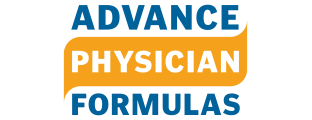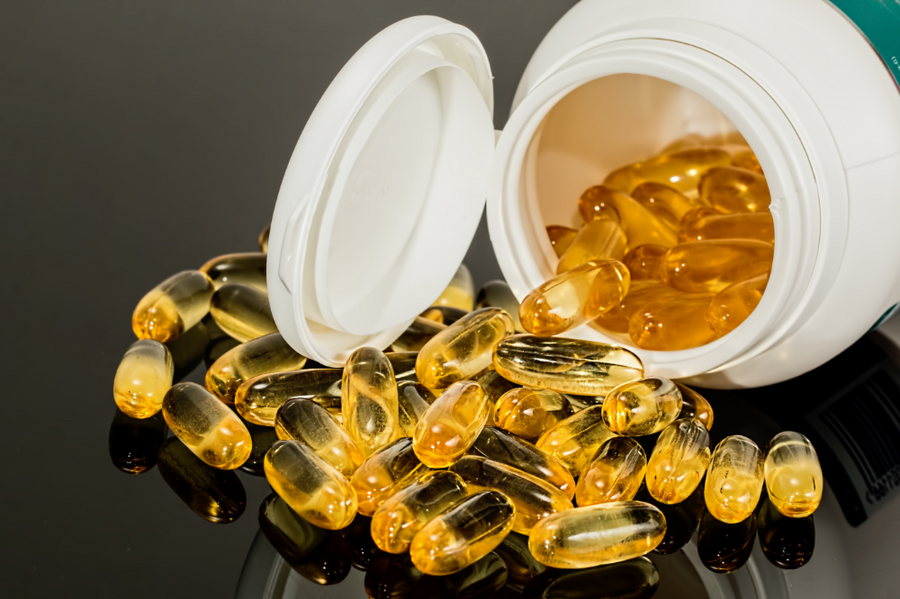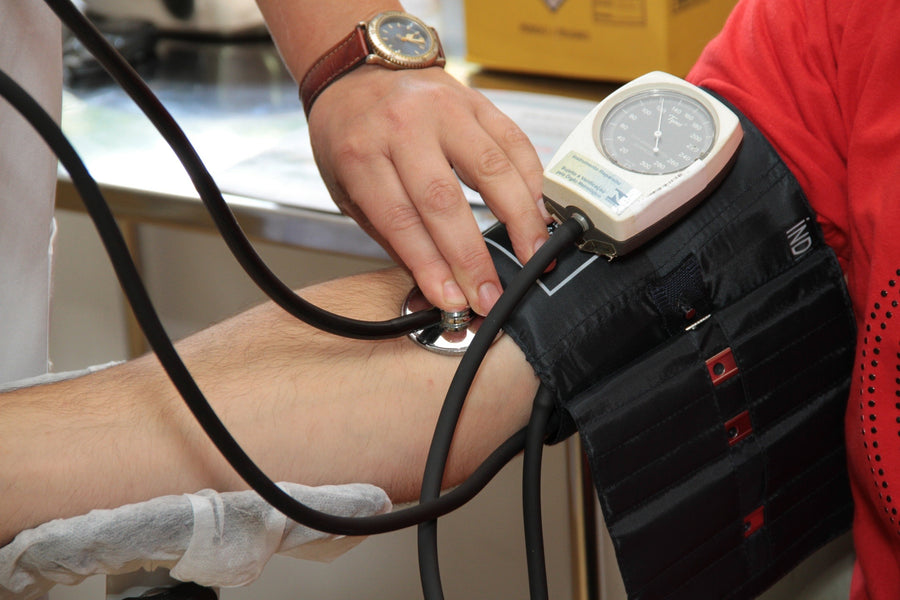

Q. I've been reading a lot lately about the mental health benefits of the powerful antioxidant acetylcysteine. In your opinion what is a reasonable amount to take on a daily basis?
A. There was an article a year ago in the journal Neuroscience and Biobehavioral Reviews that looked into the potential medical uses of this important nutrient. The title of the article was, "Clinical trials of N-acetylcysteine in psychiatry and neurology: A systematic review." The abstract read,"N-acetylcysteine (NAC) is recognized for its role in acetaminophen (Tylenol) overdose and as a mucolytic (breaking down mucus). Over the past decade there has been growing evidence for the use of NAC in treating psychiatric and neurological disorders, considering its role in reducing the effects pathophysiological processes associated with these disorders, including oxidative stress, mitochondrial dysfunction, neuroinflammation and glutamate and dopamine dysregulation. In this systematic review we find favorable evidence for the use of NAC in several psychiatric and neurological disorders, particularly autism, Alzheimer's disease, cocaine and cannabis addiction, bipolar disorder, depression, trichotillomania (hair pulling), nail biting, skin picking, obsessive-compulsive disorder, schizophrenia, drug-induced neuropathy and progressive myoclonic epilepsy. Disorders such as anxiety, attention deficit hyperactivity disorder and mild traumatic brain injury have preliminary evidence and require larger confirmatory studies while current evidence does not support the use of NAC in gambling, methamphetamine and nicotine addictions and amyotrophic lateral sclerosis. Overall, NAC treatment appears to be safe and tolerable."








